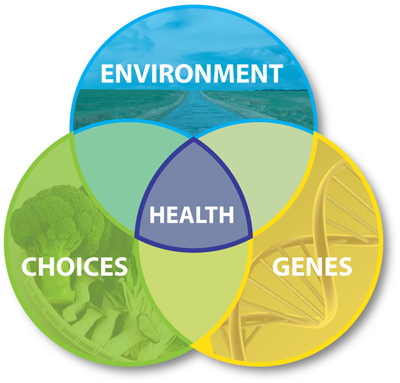
EDGE Center awards four new pilot projects for 2024
Four new pilot projects will address emerging environmental health issues that contribute to diseases of public health importance.
LEARN MORE
Resilience on Seattle's Waterfront
We went door to door, asking people in Seattle's Duwamish Valley what they thought about community resilience. This is what we found.
LEARN MORE
Reducing Aviation’s Harmful Impact on Environmental Health and Justice
A symposium to be held May 1-3 will bring together people from wide-ranging sectors to address the problems of aircraft noise and emissions.
LEARN MORE The EDGE Center is committed to conducting and communicating science that reduces the burden of environmentally-related diseases through science translation into policy and practice. We use cutting edge molecular and systems biology to explore how the interactions of genetics, epigenetics and environmental factors contribute to diseases of public health importance. In particular, we are at the forefront of research into molecular signatures (biomarkers) associated with toxicant exposure. Our work to uncover important genetic, epigenetic and environmental contributions to chronic diseases can help improve prevention, early diagnosis, and the development of effective treatments. Such developments will substantially reduce the social burden and health care costs associated with sickness and early death caused by diseases like cancer, cardiovascular disease, respiratory disease, liver disease, kidney disease, metabolic disorders like diabetes, chronic neurodegenerative diseases like Alzheimer's and Parkinson's and developmental and reproductive disorders.
The EDGE Center is committed to conducting and communicating science that reduces the burden of environmentally-related diseases through science translation into policy and practice. We use cutting edge molecular and systems biology to explore how the interactions of genetics, epigenetics and environmental factors contribute to diseases of public health importance. In particular, we are at the forefront of research into molecular signatures (biomarkers) associated with toxicant exposure. Our work to uncover important genetic, epigenetic and environmental contributions to chronic diseases can help improve prevention, early diagnosis, and the development of effective treatments. Such developments will substantially reduce the social burden and health care costs associated with sickness and early death caused by diseases like cancer, cardiovascular disease, respiratory disease, liver disease, kidney disease, metabolic disorders like diabetes, chronic neurodegenerative diseases like Alzheimer's and Parkinson's and developmental and reproductive disorders.

